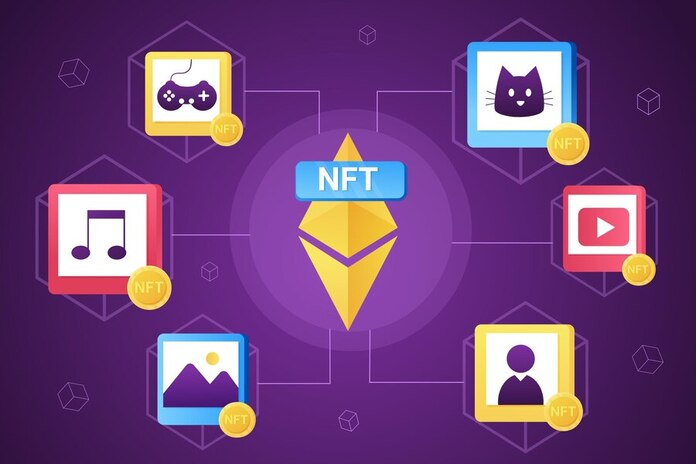Trump NFT Collection Trading Volume Plummets 99% Ahead of Criminal Trial

The first edition of the Trump Digital Trading Card NFTs has experienced a significant downturn in sales, with trading volumes plummeting by 99% over the last 30 days. Data from OpenSea reveals a stark decline in transactions, with no activity recorded in the past week. This marks a sharp contrast from the initial buzz surrounding the collection, which generated over $50 million in total trading volume since its launch in December 2022.
Trump’s Relationship with Crypto
Former U.S. President Donald Trump has shown increasing interest in crypto and bitcoin, evident from his foray into the NFT market with the release of digital trading cards. However, waning interest in the original collection coincides with Trump’s upcoming criminal trial, where he faces allegations of falsifying business records related to hush money payments.
Comparison to Overall NFT Market
While overall NFT trading volumes have moderated compared to the frenzied activity of 2021, the broader market has exhibited relative stability in recent months. Ethereum-based NFT sales volumes reached $489 million in March, according to CryptoSlam! data, indicating ongoing activity despite the subdued performance of specific collections like Trump’s.
Second Series Performance and Promotions
In contrast to the decline in the first edition, the second series of Trump’s digital trading cards has seen relatively better performance, albeit with a 57% decrease in trading volumes over the past 30 days. Recent promotions for the collection included the opportunity for collectors to win a dinner invitation with Trump at Mar-a-Lago, scheduled for May 8, as announced on X.
Ownership and Management of NFT INT LLC
NFT INT LLC, the entity responsible for managing the NFT drops and promotions, operates independently from Donald J. Trump, The Trump Organization, and affiliated entities. While the website for the digital trading cards states that NFT INT LLC holds a paid license from CIC Digital LLC to use Trump’s name and likeness, Trump’s previous association with CIC Digital LLC has raised questions about ownership and management.
The minting of NFTs based on Trump’s likeness occurs on the Polygon blockchain, adding a layer of digital authentication to the collection.
Featured Image: Freepik





